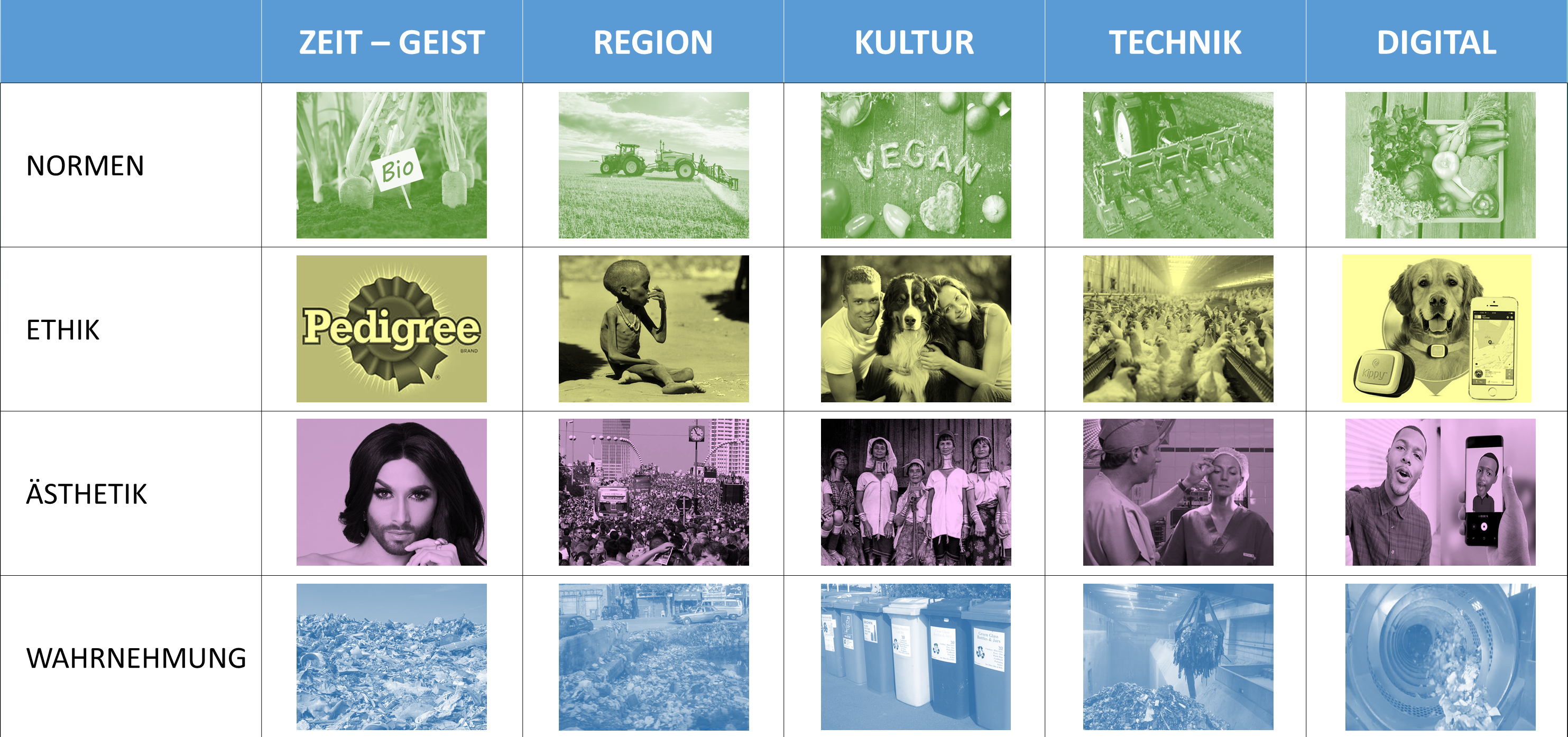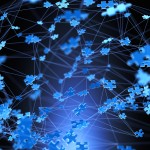The term reality became known through the scientific work of the “general and special theory of relativity” by Albert Einstein. Since then we know that time passes in dependence / relative to speed. In this context, Einstein has also proved that the speed of light is something absolute and otherwise can not spread faster. In addition to the speed of light, there are some other natural constants, such as absolute zero, gravitational constant, Planck’s quantum effect, etc., which are considered absolute.
In the humanities, on the other hand, the relative is the current mode of thinking and this is called relativism. Relativism is omnipresent especially in the cultural, social and political environment.
Issues such as norms, ethics, aesthetics and perception are very different worldwide and by no means absolute. So there is no global aesthetics. Perhaps, and most unlikely, there is a lowest common denominator for ethics. If one deals with this or similar topic, one can only make a valid statement, if one knows the respective frame of reference. In secular Europe, one can certainly come out in public about the nonexistence of God. That’s just not possible in Islamic cultures. In very fundamentalist systems, this can lead to deprivation of liberty and even worse.
Now the question of the frame of reference arises. Unfortunately, these are not absolute, but describe a context on which one could agree. Examples would be regions, cultures, techniques, zeitgeist, and much more. One could then agree that in one culture extramarital relations are quite normal, while in other cultures it can lead to the death penalty. Thus, the possibility of a “extramarital relationship” relative to culture would be seen. But as cultures change, so too is the relative relationship between topics dynamic. It is not necessarily ruled out that in the future also in Islamic cultures a different way of dealing with sexuality arises.
Technology has evolved over the last century into a domain that many other topics relate to relatively. While it is not a problem worldwide, if you can afford to use cars as a means of transportation, this is completely unthinkable in the culture of the Amish, although this cultural group does not reject any technique. All machines driven by humans or animals are allowed again. The technological development has now brought us the digital world, these associated influences on all areas of life are also seen again relative. The digital domain is more significant because it encompasses the entire global space. The use of digital technology is the same all over the world and with it very uniform behaviors and abilities develop. This can be shown very clearly in the operation of iPhones. The two-finger touch is consistent worldwide. Digital technology creates a very homogeneous, global frame of reference. Language assistants, augmented reality, car navigation, etc. require the same skills from all people and thus develop global skills and behaviors, which in turn creates a global culture. This conclusion once again proves that culture is always a consequence of technology.
In the image above, the frames of reference “Zeitgeist, Region, Culture, Technique and Digital” are shown as columns. The lines “Norms, Ethics, Aesthetics and Perception” are various social science features. The characteristics then have characteristics in individual fields that are relative to the domain.
Norms: Are mostly unwritten agreements on behaviors that are sanctioned in case of non-compliance. For example, the ideas / norms about food are also very dependent. In Europe, the Zeitgeist has given us the bio-wave. For people above a certain income / social status, it is standard to buy organic food. These are usually slightly more expensive than mass produced products. A European farmer traveling on a chemical weed killing machine is already being sanctioned. In North America it is normal for large pharmaceutical companies to use chemical pest control. Occasionally, a subculture to Bionorm develops and these are the vegans. People who for ethical, moral reasons reject the consumption of animal protein. This creates a very differentiated market for the food industry – everything from vegan to organic to low-priced products. Agricultural technology could defuse a lot in the future. Mechanical weed control would be a major step towards bio. Digitization will further support this trend. With the most accurate satellite location, you can already check every flag and monitor the current biobanks of cattle. Biowahre is then bought in the digital organic farm shop.
Ethics: In Western societies, which are very consumption-consuming, pet food corresponds to the zeitgeist. It is quite common for these products to be offered in supermarkets. In African regions, where child mortality is over 50% and is constantly hungry, pet food can not be understood. Pets also have different status in different cultures. Even on European farms, the farm dog was beaten and maltreated. While many couples instead of children already own pets. In the technical frame, mass animal husbandry is quite conceivable, whereas the zeitgeist is increasingly reluctant. Pets have become so valuable in the meantime that they get a permanent location with digital support. This example of dealing with animals shows the highly differentiated ethics in the different domains. Richard David Precht has the problem of “animal rights” in his book “Animals Thinking”.
Aesthetics: What is beautiful, appealing or repulsive and disgusting also depends on the domain in which one was socialized. When Conchita Wurst won the Song Contest 2014, it influenced the zeitgeist. Since then, it is quite possible, at least in the artistic field, that men present themselves in women’s outfit. Of course this is not possible everywhere, but the Love Parade is definitely in Vienna and in Berlin. There, people present their bodies in a highly artistic and appealing way – that’s my personal feeling. A Muslim or Puritan would get a repulsive or disgusting feeling. Conversely, the African / Thai long-necked women do not meet our ideal of beauty. Obviously, there is a culture-related ideal of beauty that one wants to follow. The technology helps here again. Cosmetic surgery is quite aesthetic in the Western world (not all justifiable). If you want to change your physical appearance without intervention, you can use the digital technology and generate your personal emojis.
Perception: Actually one would have to think that because of the biological similarity of the sensory systems all humans perceive the same. But that’s not how it is. Behind the sensory systems are arranged social and cultural filters that distort the reality section beyond recognition. In times of great economic growth, no one has perceived the associated environmental pollution. Only when you saw conifers in the Bohemian Forest without needles, the spirit of the times was up and the green movements arose. Yes – in retrospect, we owe a lot to Green Policy. Pollution can be visible, but today it is mostly imperceptible. Fine dust, CO2, etc. are not immediately recognizable. Perceptions of pollution in different global regions are also different. Very incomprehensible is the pollution of water in the southern countries. In Cairo, the rubbish is dumped without hesitation into the gutters, although there drinking water is a very rare commodity. In Europe, it is culture to separate the garbage. This has already become a social norm. Anyone who gets caught in the old material collection center, that he discards the colored glass bottles in white glass, is addressed very quickly (punished). Even with careful handling of waste, this can currently not be avoided. The obvious best method is currently the technological disposal in the form of combustion. Obviously, we have no perception that processes are running that are just not right. The goal can only be to completely avoid the garbage or to completely recycle it. Digital garbage sorting and recycling processes are in the making. The digital domain is also likely to play a major role in the perception of waste.




 Deutsch
Deutsch English
English